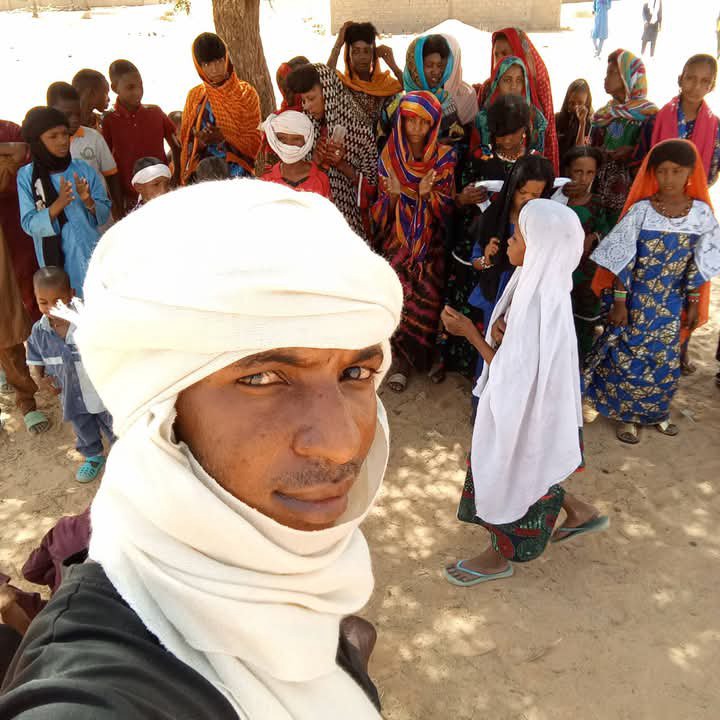
“I was once blind, but now I see,” he says, his voice cracking with emotion during a recent service.
Among the Fulani – Africa’s largest nomadic group, notorious in recent years for their association with terrorism and kidnapping – the stakes are even higher. Tradition, honor, and religious identity are woven into the very fabric of Fulani life. To leave Islam is to tear the fabric apart.
“Our motivation is simple,” he says, quoting Matthew 28:19. “Go and make disciples of all nations.”
The Gospel vs. Terrorism
Map of Niger republic – Nigeria – Benin republic – Mali and Togo, showing Maradi county in red. Courtesy: Segun Onibiyo
Map of Niger republic – Nigeria – Benin republic – Mali and Togo, showing Maradi county in red. Courtesy: Segun Onibiyo.
In a region where extremism has fed on illiteracy and poverty, Adamu’s strategy is holistic. Preach Christ, yes – but also teach literacy, nurture children, and offer an alternative vision for young Fulani often recruited by terrorist groups.
“We must catch them young,” Adamu insists. “If we give Fulani children a Christian upbringing and good education, they will reject the path of violence.” He dreams of establishing a massive center for Fulani children across the Sahel – a place where faith, education, and opportunity collide to rewrite a generation’s destiny. It is a radical idea in a region where armed militias often seem to outnumber schools. But Adamu believes it is the only hope for lasting peace.
Why It Matters
Supporting Christians like Buba Adamu—through prayer, funding, and advocacy – is not just charity. It is a strategic investment in the transformation of one of the world’s most volatile regions, one soul, one village, and one church at a time.
